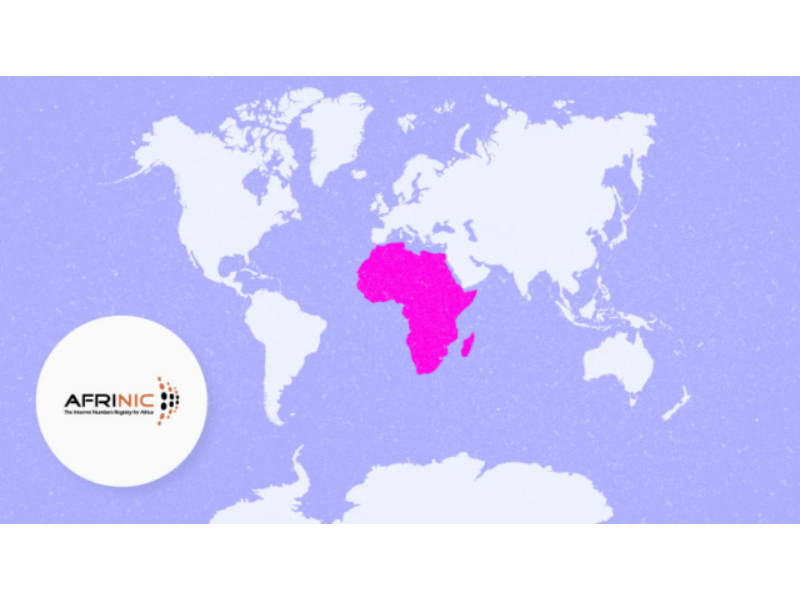- AFRINIC annulled its 2025 board election after one questionable proxy vote triggered the cancellation of hundreds of valid votes.
- The decision has drawn criticism for undermining legitimate participation and raising doubts about AFRINIC’s internal governance credibility.
What happened: AFRINIC annuls 2025 vote over proxy
The African Network Information Centre (AFRINIC) recently faced a significant controversy during its 2025 board election. Held on 23 June 2025, the election aimed to restore the organisation’s legitimacy after years of governance paralysis. Hundreds of members participated, many using powers of attorney (PoAs) to appoint proxies.
However, just minutes before the polls closed, the Nomination Committee (NomCom), chaired by Simon Davenport KC, suspended the vote due to allegations of vote tampering involving a single “phantom proxy” vote. This suspension led to the annulment of the entire election, despite the fact that the majority of proxy votes were legitimate.
Critics argue that questioning hundreds of valid votes and cancelling the election over one questionable vote was an overreaction, potentially violating AFRINIC‘s own rules and undermining trust in the process.
Also Read: A system built to silence: AFRINIC refuses to hear from the edges of Africa
Also Read: AFRINIC’s election collapse: Courts overruled, ICANN intrudes
Why it’s important
The collapse of AFRINIC’s 2025 election over a single disputed proxy vote has raised a critical question: can the organisation continue to manage its own elections credibly, or is it time for independent oversight? AFRINIC plays a foundational role in Africa’s internet infrastructure. Yet, despite this responsibility, its recent actions—nullifying hundreds of legitimate proxy votes due to one doubtful ballot—demonstrate a lack of proportionality and undermine trust in its processes.
The legitimacy of elections, especially in technical governance bodies, hinges not just on procedural correctness but on the perception of fairness and impartiality. When the rules appear to shift mid-process, or when internal staff are implicated in violating procedures, as several reports allege, confidence is eroded—not only among voters but across the global confidence is eroded—not only among voters but across the global internet governance community.
AFRINIC does not operate in a vacuum; it is part of a wider ecosystem where consistency, neutrality, and procedural integrity are essential. The perception that internal staff may influence outcomes, or that valid votes can be discarded en masse, sets a dangerous precedent for other regional internet registries.

